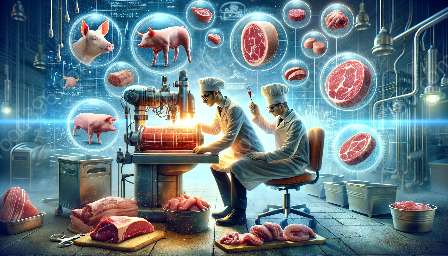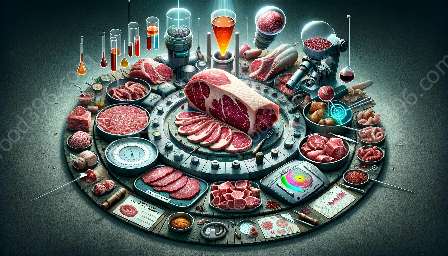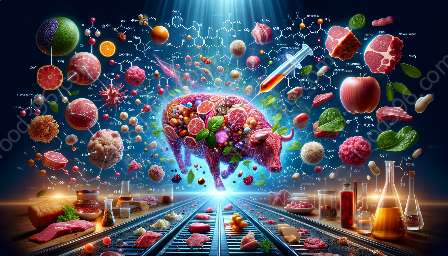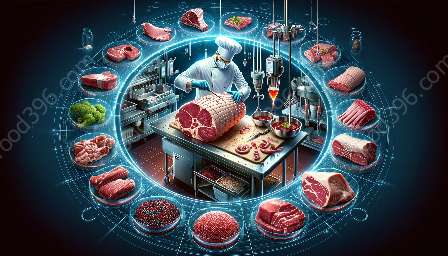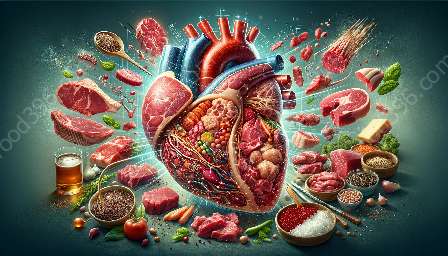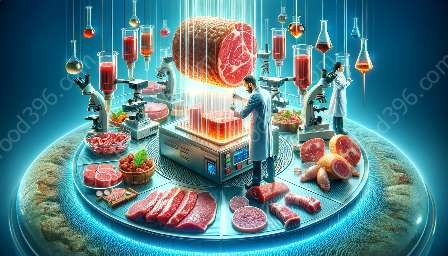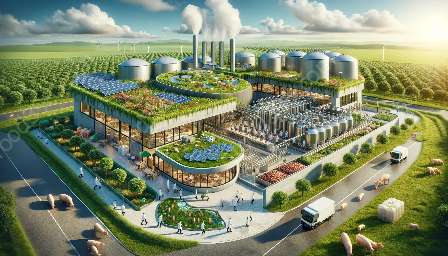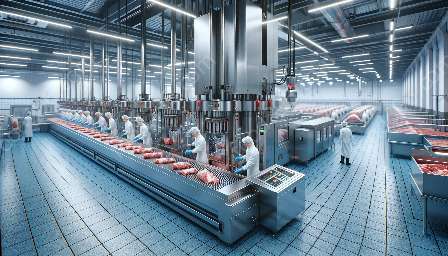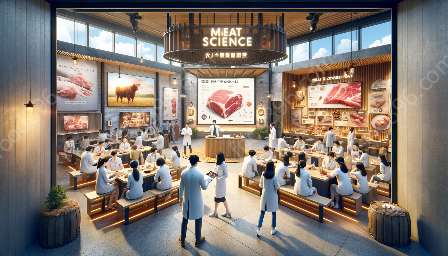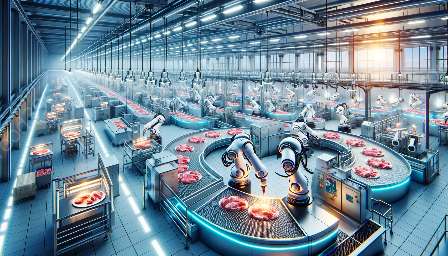Meat animal welfare is a multidimensional topic with significant implications for both the meat science industry and the food & drink sector. It encompasses ethical considerations, animal well-being, production practices, and consumer awareness.
Understanding Meat Animal Welfare
Animal welfare refers to the state of well-being experienced by an animal, encompassing physical, mental, and emotional factors. In the context of meat production, it is essential to consider the ethical treatment of animals throughout their lives, from birth to slaughter.
Meat animal welfare involves various components, including housing conditions, handling practices, transportation, and the overall quality of life for animals raised for meat production. Ethical considerations are at the core of this topic, with a growing emphasis on sustainable and humane practices.
Implications for Meat Science
Meat science, as a field of study, is intricately linked to the welfare of meat animals. Understanding the physiological and behavioral aspects of animals is essential for optimizing meat quality, safety, and nutrition. By prioritizing animal welfare, meat scientists can contribute to the development of more sustainable and ethical meat production methods.
Additionally, advancements in meat science can lead to the identification of potential stressors in animals and the implementation of strategies to minimize their impact on animal welfare. This holistic approach acknowledges the interconnected nature of meat production, animal well-being, and scientific advancements.
Consumer Awareness and Demand
The modern consumer is increasingly conscientious about the ethical and sustainable aspects of meat production. As a result, there is a growing demand for transparent and humane practices within the meat industry.
Consumers are seeking assurance that the meat they purchase aligns with ethical principles and reflects a commitment to animal welfare. This awareness has prompted the food & drink industry to respond by prioritizing transparency and accountability in the sourcing and production of meat products.
Ethical Practices and Industry Standards
Many organizations and governing bodies have established criteria and standards to guide meat producers in implementing ethical practices. These standards cover a wide range of factors, including space allowance, access to food and water, veterinary care, and handling procedures.
By adhering to these standards, meat producers can demonstrate their commitment to animal welfare, bolster consumer trust, and contribute to the creation of a more ethical and sustainable meat supply chain.
Future Directions and Innovations
The ongoing evolution of meat animal welfare involves the integration of innovative technologies and practices. From precision farming and monitoring systems to the development of alternative protein sources, the future of meat production holds promising paths that prioritize both animal well-being and sustainable food systems.
Through continuous research and collaboration between the meat science and food & drink sectors, advancements in animal welfare practices can drive positive change and shape the future of meat production.
Conclusion
Meat animal welfare is a complex and evolving topic that resonates across the meat science industry and the food & drink sector. By embracing ethical practices, prioritizing animal well-being, and responding to consumer demand, the industry can shape a more sustainable and compassionate approach to meat production. As the field continues to evolve, the integration of ethical considerations and scientific advancements will pave the way for a more conscientious and ethical meat supply chain.
